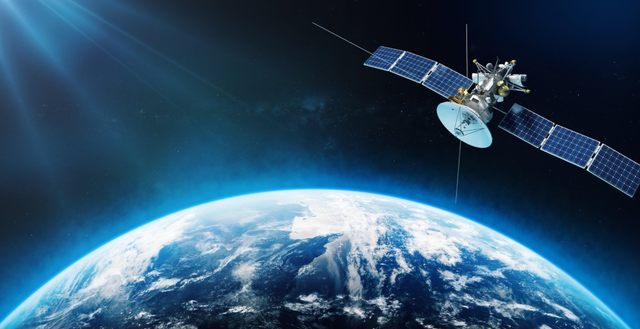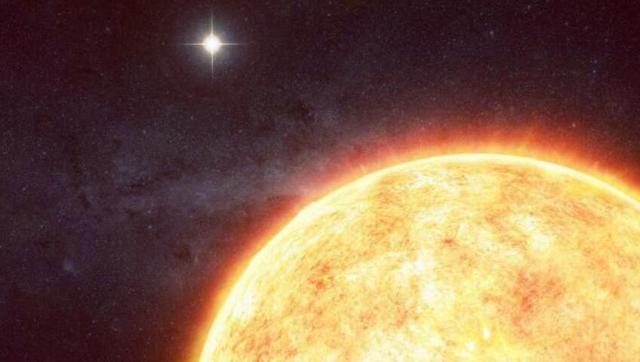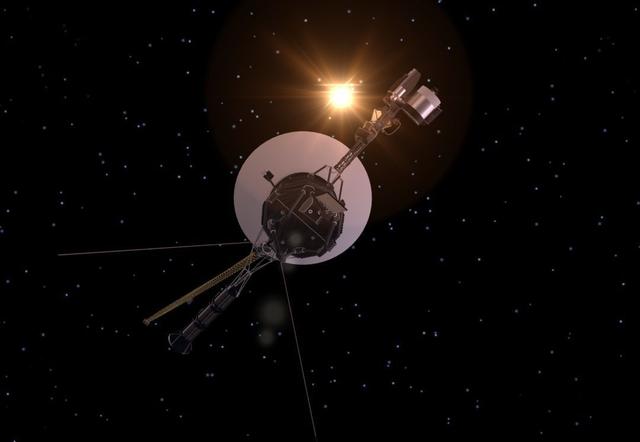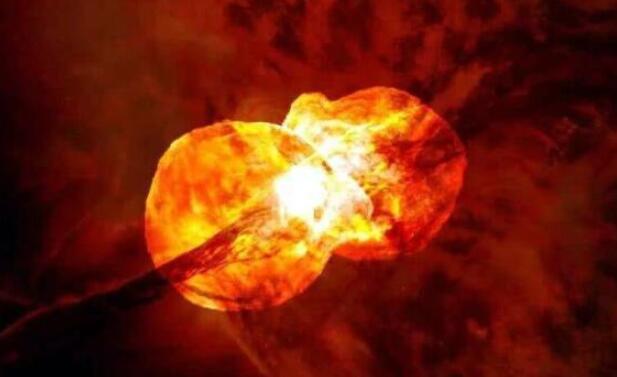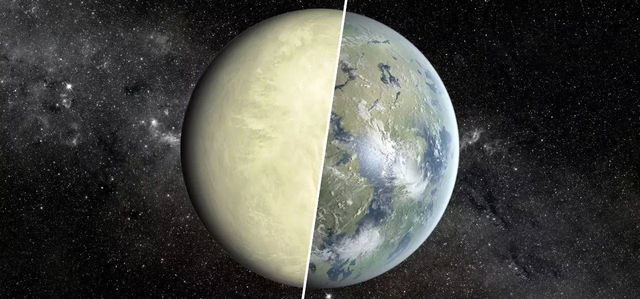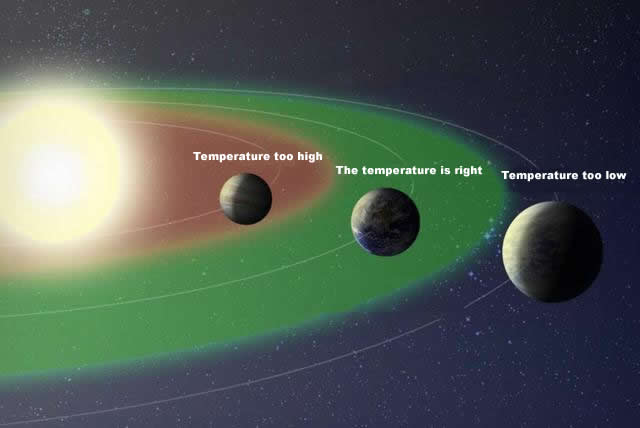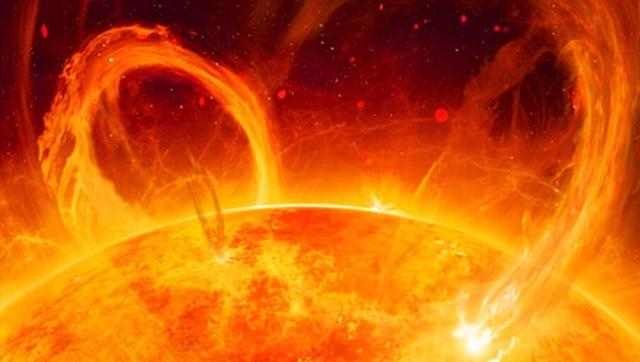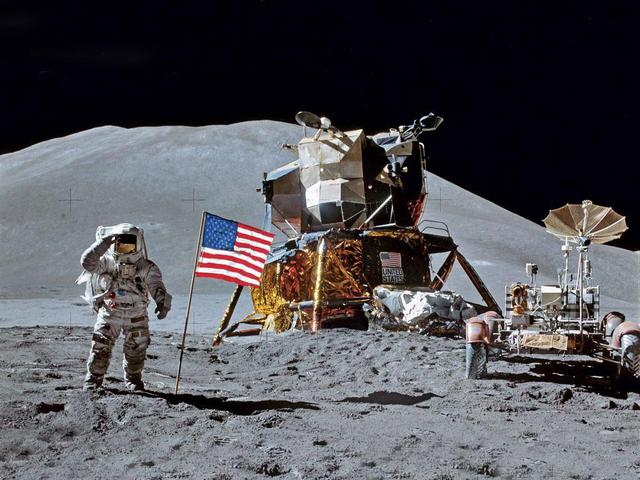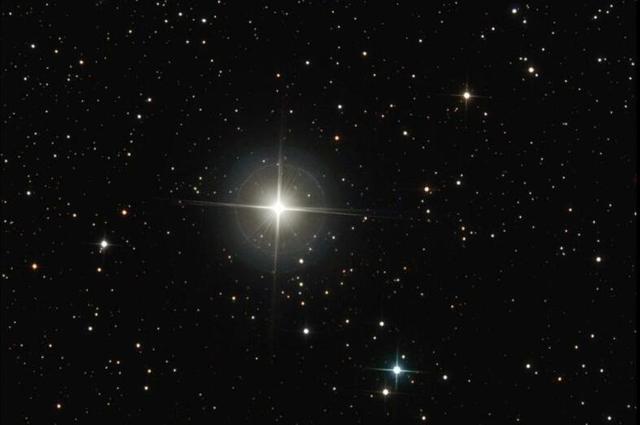Satellites, detectors, these spacecraft in the launch liftoff or in the operational phase of the loss of connection from time to time, speaking of lost detectors, i believe many friends remember in july 2019, india launched the moon ship 2 detector, plans to complete the mission to the moon, if this one detector successfully completed the moon, then india will become the fourth country in the world to be able to land on the moon, so the moon ship 2 the moon ship 2 probe was expected by more than a billion indians. Unfortunately, the probe lost contact during the final stage of the moon landing and was found again in pieces and failed to land on the moon.
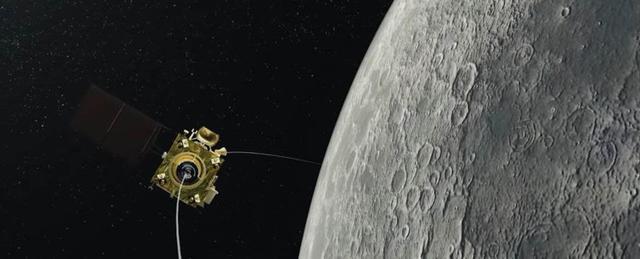
In addition to the loss of the moonship 2 rover, the famous opportunity rover, which had been operating on the surface of mars for more than 14 years, was hit by a global martian dust storm in june 2018, and eventually this rover lost contact and nasa had to announce the end of opportunity's mission.
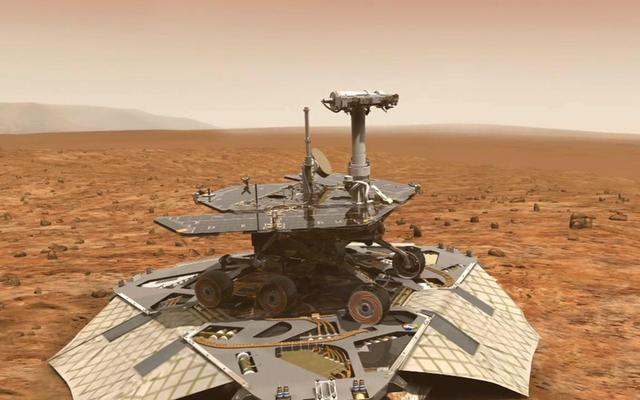
As you can see, if a rover or satellite loses contact, we may lose it, especially if the rover loses contact during the landing process, it may just "Hard land", that is, fall to the surface of the planet. Of course, sometimes there are satellites and probes that can re-establish contact after they are lost.
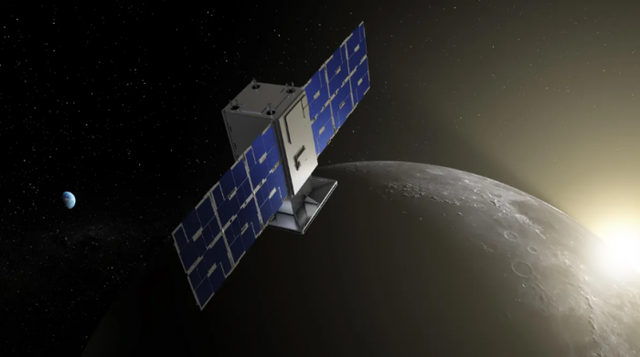
On july 5, 2022, nasa lost contact with a satellite worth $32.7 million. Nasa had planned to achieve a manned return to the moon in 2024, and the launch of the earth-moon autonomous positioning system technology operations and navigation experiment, which was part of the manned return to the moon, was lost when it was successfully deorbited from earth to the moon. Through the efforts of engineers, nasa was able to re-establish communication with the satellite. Re-establishing contact with the satellite again is actually good news because this satellite has a lot to do with the manned return to the moon program, and if the contact is lost that may have some impact on the manned return to the moon.
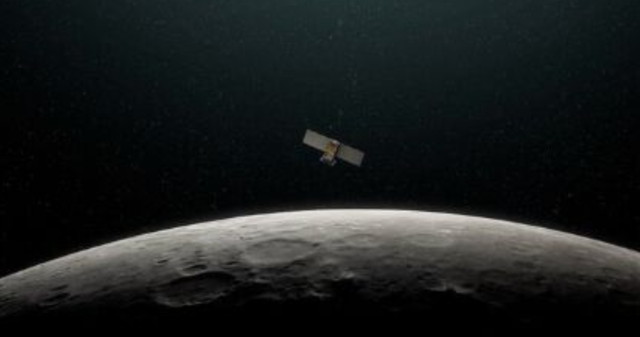
Satellite lost for 46 years sends back signals again
Of course, not all satellites are exciting when they return a signal after being lost, there are some satellites that return a signal after being lost for many years that have scientists worried. What's going on here?
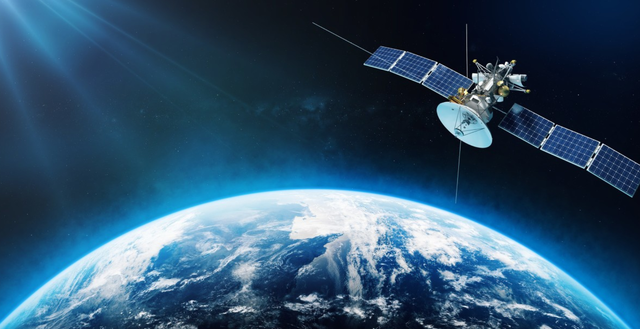
This satellite is the communication satellite les-1. In the 1960s and 1970s, the united states launched a number of such communication satellites, from les-1 to les-9, these satellites are relatively small, only about 32 kg weight, each satellite is installed with a horn antenna and x-band transponder, and a 237 mhz signal transmitter, their energy mainly from solar panels. Only les 5, 6, 8 and 9 satellites were successfully launched into their intended orbits and successfully launched. In 1967, the satellite was completely lost.
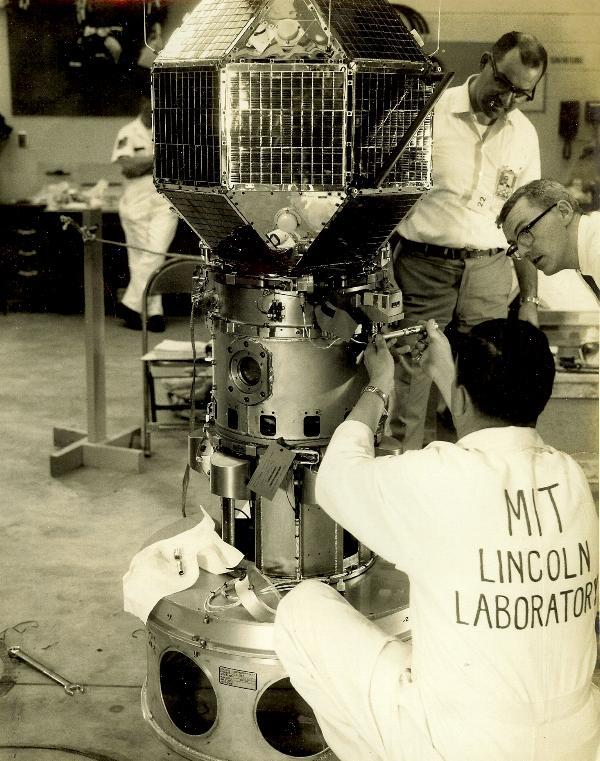
Later, scientists developed more advanced satellites, and everyone gradually forgot about this satellite that was lost for decades. In 2013, an amateur radio astronomer using a radio telescope to search for radio signals inadvertently found a faint signal of 237 mhz, which kept cycling in a 4-second cycle, and each time it appeared this faint signal was gradually weakened and then would regain its strength again.
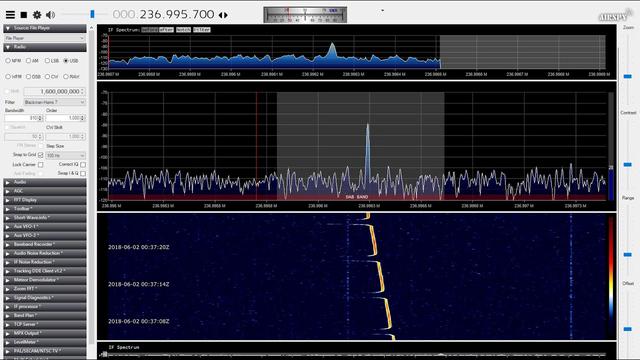
After the discovery of this regular faint signal, it attracted the attention of scientists, and at that time some people thought it might be a radio signal from an extraterrestrial civilization. But later, after scientists' research, it was confirmed that this signal was not the signal of the so-called alien civilization, but was sent back by an artificial satellite, and it was sent back by the les-1 satellite, which was lost in 1967. After 46 years of lost connection, this satellite returned the signal again, what's going on?
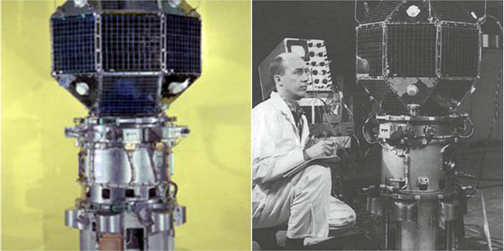
Some scientists believe that this satellite will send back strange signals, which means that the satellite still has energy, after all, it carries solar panels, theoretically, as long as the solar panels are not damaged, as long as there is sunlight to the solar panels, there will be energy, plus some equipment may still be able to operate, send back strange signals is normal. Just because this satellite does not have much energy, plus the status of this satellite may not be very good, so the signals returned is rather strange.
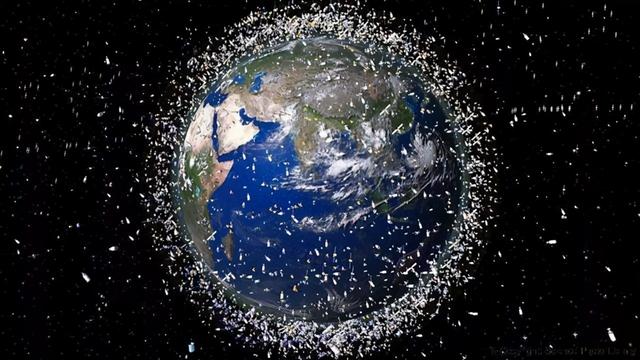
And people are not happy?
Perhaps some of you think that after decades of being lost, isn't it good news that this satellite is sending back signals again? If the information returned by this satellite was useful, it would be acceptable, but in fact these signals are no longer meaningful. Moreover, the fact that a satellite that has been lost for decades can still send back signals means that it is still floating in space, which is not a good thing. Scientists believe that this satellite will still be orbiting in space for quite some time, because it may be in the van allen radiation belt located about 1,500 kilometers away from earth.
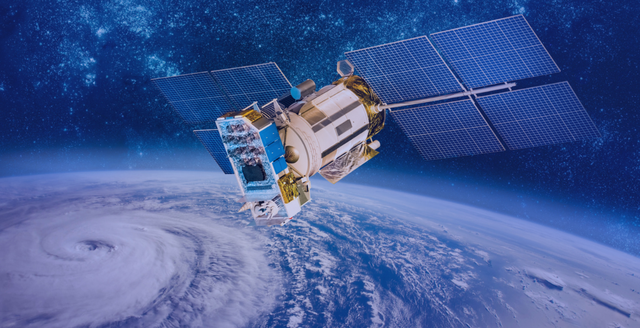
As humans continue to launch satellites, spacecraft, and probes, there will be more and more spacecraft orbiting the earth in near-earth orbit, for example, musk hopes to launch about 42,000 starlink satellites, so many of which will occupy a limited orbit. Moreover, many satellites will not just re-enter the atmosphere and burn up after their mission, but will fly in space for a long time, like the les-1 satellite, which has been operating for decades. In this way, the number of satellites and satellite wrecks in orbit will be even greater, which will greatly increase the risk of satellite and spacecraft collisions.
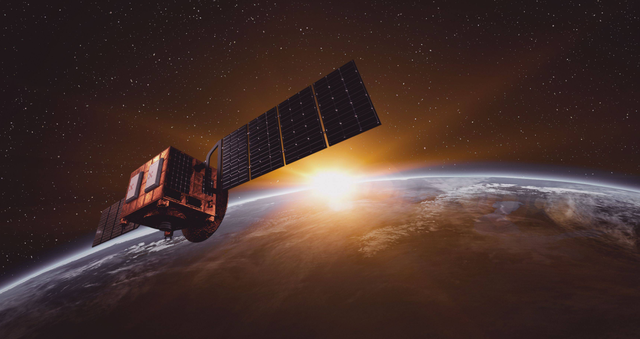
Space junk has become the focus of many people's attention, although for the time being, most people have not had the opportunity to take a spacecraft to space for a trip to space, but the existence of space junk, in fact, will have a great impact on our lives, production. If this space junk collides with other satellites, it will certainly produce a large number of small debris, which will threaten other satellites, including navigation satellites, communication satellites and so on.

